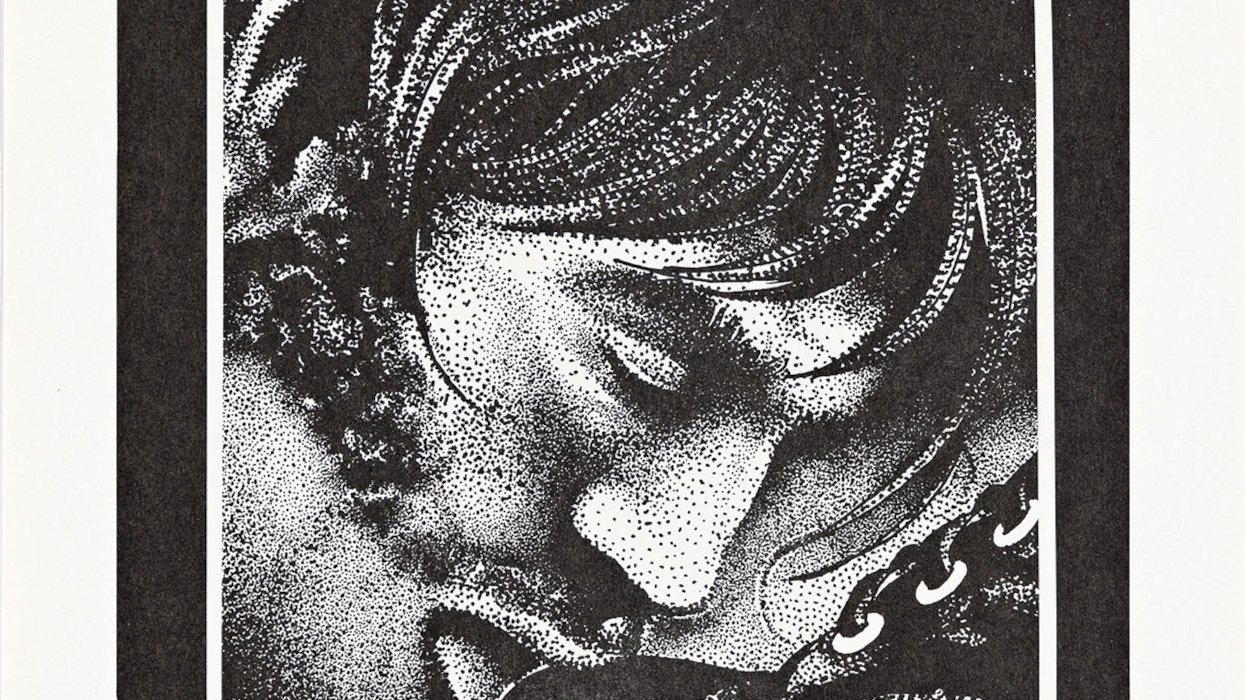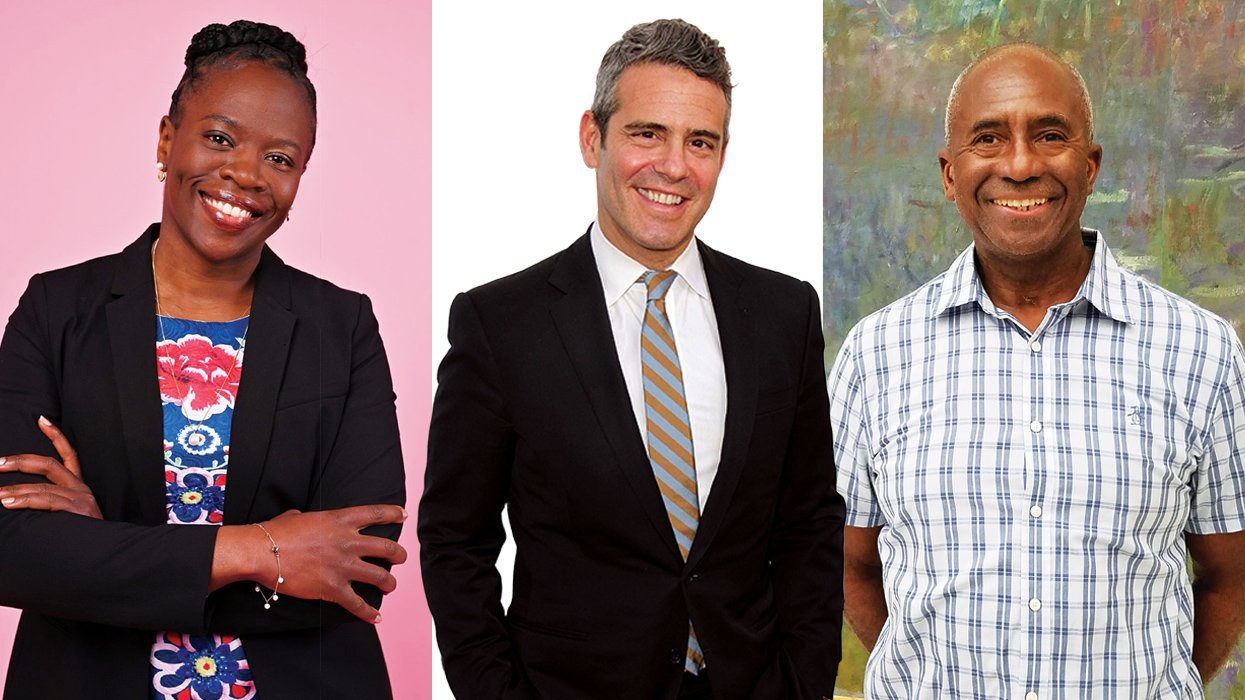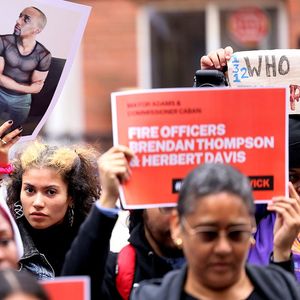I often talk to my clients living with HIV about temporary disability. Some of these clients are newly-diagnosed. They may have learned of their HIV status after experiencing an opportunistic infection, and are still recovering. Or they are having problems with their treatment regimen. In these cases, the decision is clear. My job at that point is to support them by helping them cope with this change, to make the best of this time away from work, and to prepare for the future.
Others are dealing with the emotions an HIV diagnosis can bring up and are not yet feeling ready to deal with the daily pressures of work. They may be experiencing the initial shock of an unexpected diagnosis, or fear, or anxiety, sadness, disappointment — and many other emotions. These emotions may feel overwhelming. Their physicians may have prescribed an anti-anxiety or antidepressant medication out of concern for how they are reaction emotionally.
When I first meet with a newly-diagnosed client, we may have a conversation about the possibility of requesting temporary disability to give themselves time to deal with their emotional reaction and to learn new coping skills as they learn to live with HIV.
This is never an easy decision for these clients. And supporting them in making this decision is not easy for me, either. I have to be honest with you. I have two minds about disability based on emotional reasons.
On one hand, if my client needs to take a break from work, if they need time to heal physically or emotionally, and if going to work will interfere with that process, or cause them more harm, I absolutely want to support them in any way I can.
But to me, support means helping them to make the decision that is right for them. It’s not always so clear cut. The question my client and I have to answer together is this: How will taking an extended break from my job help me to get through this challenging time? It’s that simple. And that complicated.
This is where that other side of my thinking about temporary disability comes into play.
In my experience, there is a lot to be said for staying involved in the world, including the world of work — you know, going through the motions of life even if you aren’t feeling it. I am concerned that my clients will isolate if they aren’t working, sitting in their homes with nothing to do all day. This can lead to isolation, feeling lonely and, with nothing else to think about, focusing on how badly they feel. Without a schedule, it can also be all too easy to not eat healthy, to use food as a coping mechanism, to become inactive. Clients who use alcohol or drugs to cope with stress may be even more likely to do so without a regular work schedule.
I am not painting every client who has ever been on temporary disability for emotional reasons with the same broad brush. Some use the time well and return to work ready to jump back into jobs on a full-time or modified schedule. Success! But other clients have not had this experience.
I understand that the emotional impact of receiving news that you are HIV-positive can leave you feeling like your life has been turned inside out. And yes, I also understand that I am not walking in your shoes, I can only listen and do my best to understand how you are feeling. I recognize that only you really know your own limitations and what you need to do about your job.
But I encourage you to make a thoughtful and informed decision. If you’re in the process of thinking about temporary disability, here are some questions I use in guiding my discussions with my own clients who are making this decision:
· What aspects of my current job can I not currently perform as a result of my emotional state? Get specific with yourself about the tasks you can and can’t currently do, and why. (Chances are, the company handling your disability claim may ask you the same questions.)
· Is it possible that any temporary modifications might be made in my job to accommodate my current emotional condition? Less customer contact? Shorter hours? Just a suggestion here. But it might be worth a conversation with your supervisor or your human resources department. Check your company policy on this one. While you’re at it, find out what rights you have to request accommodations.
· Here’s a hard question: Can I separate my feelings about just how hard life feels right now from whether I can actually do my job or not? In other words, is leaving your job the quickest “fix” for feeling frustrated with life, or unhappy, or just plain overwhelmed? And is it the fix you need?
· How will I benefit from temporary disability? Again, get specific with yourself about you intend to gain from this time away: rest, recovery, healing? And if there is something about your job you want to avoid, e.g. a work environment you don’t like, is this a valid reason for disability?
· How am I going to use this time? Think about how you will spend your days from the perspective of accomplishing your goals for this time away from work. I am a big fan of having a plan, and a schedule, in place, day by day, to take the best care of yourself. What will you need to do for yourself to get better? Hopefully, this will include regular meetings with a mental health professional.
· What is my strategy for resuming my duties at work? You may not have all the answers yet, but make sure you are aware of your responsibilities, your options, and your rights. Reach out to experts who can help you to answer these questions.
Remember, temporary disability is a big decision. Get informed. Get supported. Make the decision that is right for you.


















































































